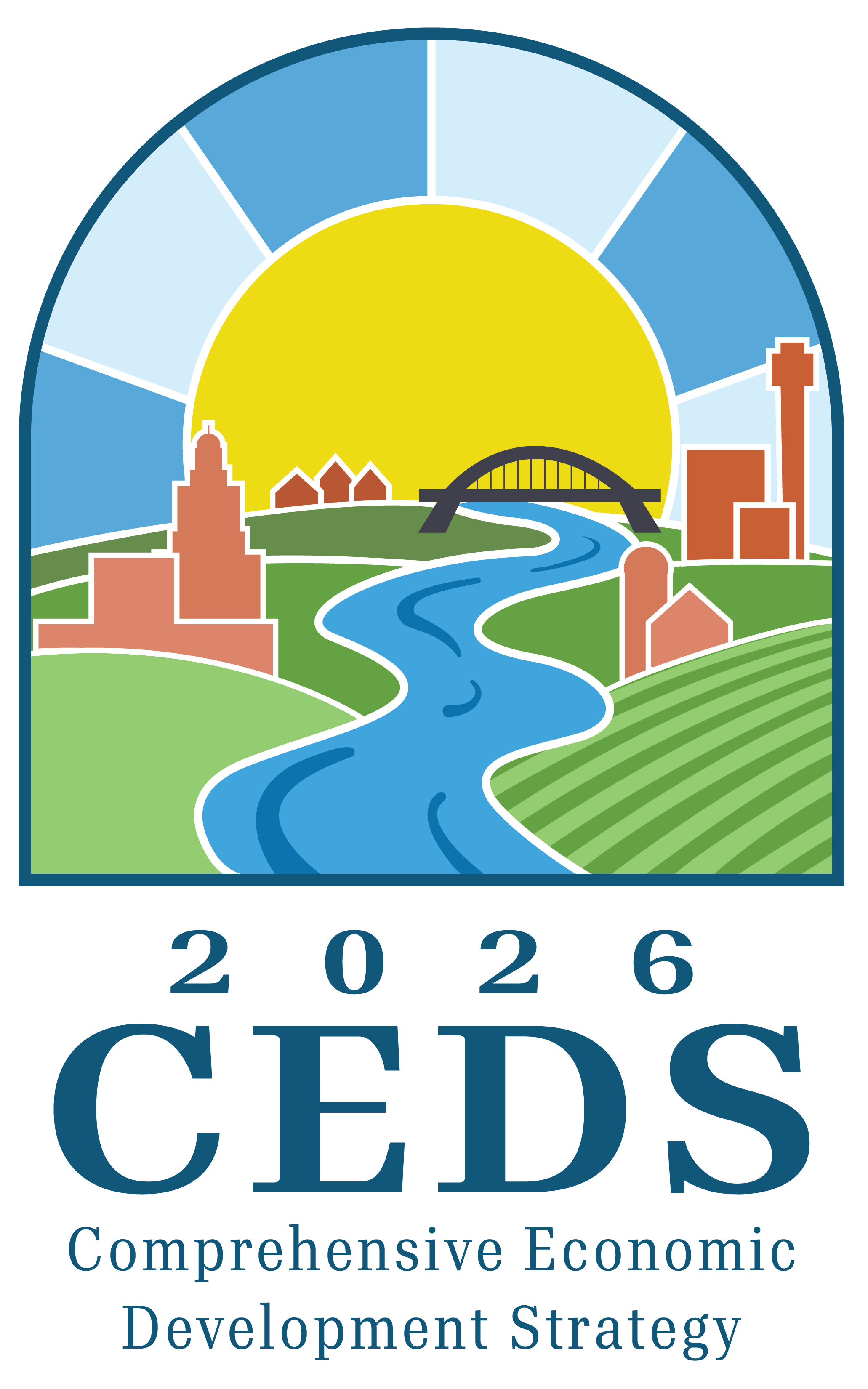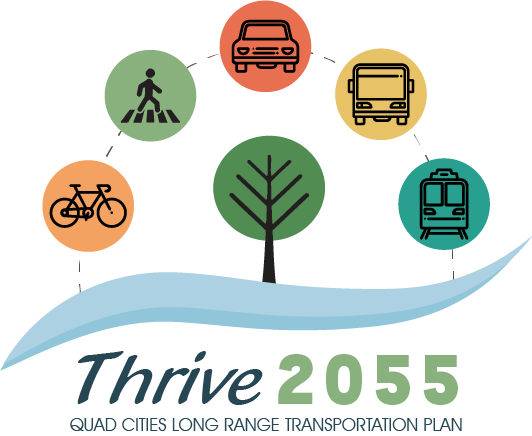Did you know...
If Americans used public transportation for roughly ten percent of daily travel needs, the United States would reduce its dependence on imported oil from the Persian Gulf by more than 40 percent.
Every $1 invested in public transportation projects generates from $4 to $9 in local economic activity.
Riding a transit bus is 79 times safer than car travel.
Since 1995 public transportation ridership is up 32 percent.
Each year, public transportation use in the U.S. saves 1.4 billion gallons of gasoline. This represents almost 4 million gallons of gasoline (the equivalent of 300,000 fewer automobile fill-ups) per day.
Without public transit systems and their effects on our urban landscapes, American households would drive 102.2 billion more miles per year.
Public transportation produces 95% less carbon monoxide (CO), 90% less in volatile organic compounds (VOCs), and about half as much carbon dioxide (CO2) and nitrogen oxide (NOx), per passenger mile, as private vehicles. Energy-related carbon dioxide emissions represent 82% of total US human-made greenhouse emissions.
Public transportation fosters a more active lifestyle. 2001 National Household Travel Survey data analysis finds that walking to and from transit helps inactive persons fulfill a significant portion of recommended minimum daily exercise needs.
Source: APTA (American Public Transportation Association)



